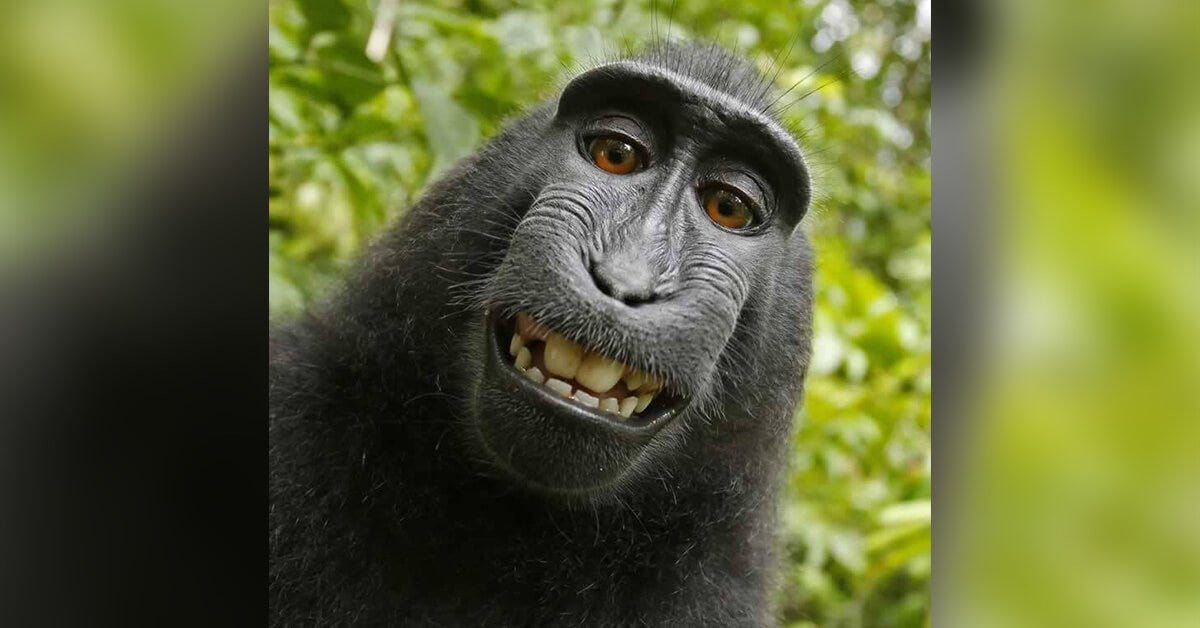Hello 👋,
Moghal Saif here, I send you these amazing recommendations to make you smarter and more knowledgeable. We have just started our journey, please be kind enough to share this post with your friends and family and spread the word on the internet.
Brains Might Sync As People Interact
Photograph: Katya Kovarzh/Shutterstock
A little Brief:
What We Know About Brain Syncing
Our brains are made up of billions of neurons. When they fire — sending information to nearby neurons — they give off electrical signals. Billions of neurons fire to carry out specific cognitive tasks, like producing thoughts or controlling the body’s movement.
These collective electrical signals can be aligned to certain frequencies, much like a wave where the peak represents a spike in neural activity and a dip represents low neural activity.
Cognitive tasks often require different regions of the brain to ‘speak’ to one another, allowing information to be transferred and integrated. Some scientists claim that this information transfer occurs when neural frequencies from different brain regions align. This is known as phase synchronization.
Why It Matters
As most neuroscientists currently understand, no localized region or network in the brain is solely responsible for our conscious experience. Instead, some researchers believe that the neural basis of consciousness — specifically the first-hand experience of it — comes from large-scale interactions between different brain regions via neural oscillatory activity.
The conscious mind’s boundaries could also be under constant renegotiation during exchanges with the environment and other people, Froese explained in a 2020 Neuroscience of Consciousness article. When we socialize, inter-brain synchronization neurally binds us together and extends consciousness.
The mainstream neuroscience field hasn’t yet accepted these ideas, though. Many researchers assert that the brain requires physiological, localized connections to transfer information. The language of the brain is communicated via anatomical connections, rather than regions speaking to each other through phase synchronization. The mainstream neuroscience field hasn’t yet accepted these ideas, though. Many researchers assert that the brain requires physiological, localized connections to transfer information. The language of the brain is communicated via anatomical connections, rather than regions speaking to each other through phase synchronization.
Why don`t animal brush their teeth like humans?
Via Science ABC
A little Brief:
Why do WE need to brush our teeth?
To understand why animals don’t brush their teeth, it’s important to first understand why we brush our teeth. Humans have to brush their teeth because of the myriad substances we consume, some of which may be healthy, and some that’s not. In order to have healthy oral conditions, we need to limit the unhealthy stuff that we eat or drink (which is easier said than done). Tooth decay.
Why don’t animals need to clean their teeth?
Unlike humans, animals living in the wild don’t consume cooked food. Whether they are herbivores or carnivores or both, they only eat raw food and drink nothing other than water for sustenance. For this reason, their teeth don’t run the risk of being eaten away by food that is rich in refined sugar or flavoured drinks.
Short lifespan, they live a lot lesser than humans.
Frequent Replacements, Some species of animals naturally replace their teeth quite frequently. Creatures that are known to have powerful bites – like alligators and sharks – tend to shed teeth more frequently than other species. In fact, a certain species of sharks named Carcharhiniformes shed approximately 35,000 teeth over the course of their entire lifetime!
Nature’s way of cleansing animals’ teeth
There are some animals that are known to ‘clean’ their teeth, but their technique of doing so hardly resembles our way of cleaning teeth, i.e., brushing them with a toothbrush.
Herbivores, which are animals that depend on raw food that is rich in fibre (like cows and buffalo) need to chew their food for a very long time so that it can be easily digested. In the process of chewing these fibre-rich foods, they unwittingly clean their teeth too.
Why Older People Are So Much Happier
Via Elemental
A little Brief:
Midlife can be miserable. You know it. I know it. Surveys show it. The pressures of raising a family, finding or keeping a job, paying the bills, dealing with emerging aches and pains — it all adds up.
The reasons for relative bliss in old age are many, anchored by lower levels of stress and responsibility and buoyed by free time and, if all goes well, the perspective and wisdom to put it to good use.
More time, less stress
Not all sorts of well-being improve with age, of course. Odds increase for disease, chronic pain, and a slew of other health problems. But emotional aspects of life, such as stress and worry, tend to lessen. The good news? “Life will not always be that busy,” says Charles, who researches the emotional processes in people across adult life. Happiness is also higher when we achieve important goals, something that jumps from just 33% of people ages 45–64 to 45% for the 65-plus group, Witters notes.
“One, people acquire life experiences and a sense of perspective so that they are better able to navigate ups and downs,” she says. “Two, people become increasingly aware of whatever time may be left and focus on their most important priorities.”

Done! For This week.
If you want to read our older posts, Click here 👇
Share Geeked Out with your friends and family
Follow us on Twitter for more of such content
If you want to connect with us, 📧 Email us: geekedouthq@gmail.com
Cheers, Moghal Saif








